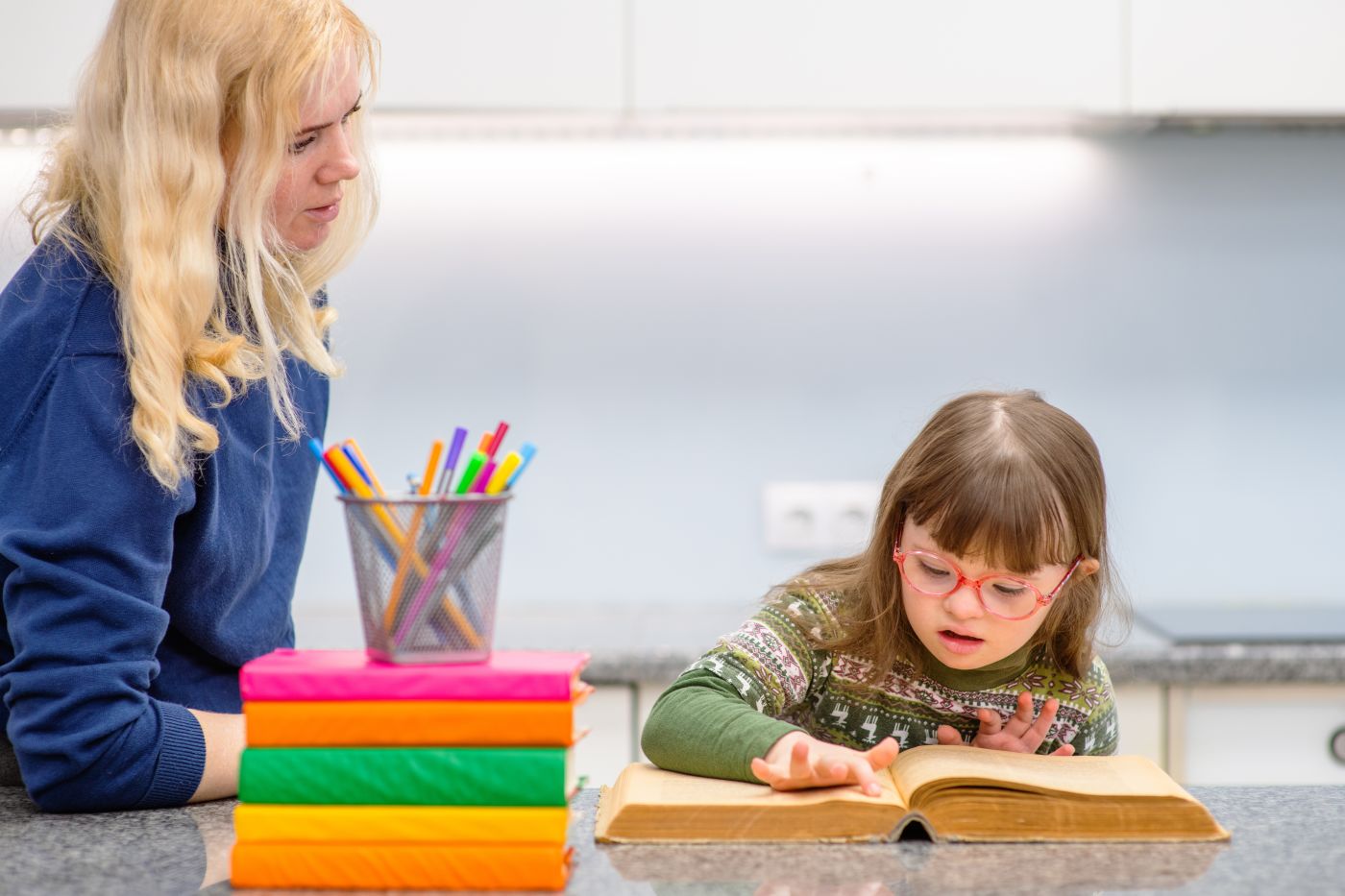New York parents of children with disabilities or special needs know that there is a potential for disputes to arise with their child’s school. You may encounter issues with your child’s education placement, education plan, evaluation, a disciplinary action or other issues.
When a dispute occurs, you may not be aware that special education mediation is an option for you. You are not required to participate in special education mediation, but there are many reasons you should consider it.
A special education mediation involves meeting with school district members and a mediator to try to resolve the problem. The mediator allows both sides to present their position on the problem, encourages them to listen to each other and tries guide them to a solution.
Benefits of Mediation
Mediation allows you and the school district members a chance to hear each other’s sides and explore mutually beneficial solutions. It is important to remember that both of you want what’s best for your child.
It also saves you time and money, as it is provided at no cost to both you and the school district.
If you choose mediation, the school must schedule one promptly. Sometimes you cannot reach a resolution at the first mediation session, so more sessions may be necessary.
Confidentiality
Everything that happens at mediation is confidential. This means if you cannot resolve the problem at mediation and proceed to a hearing, any statements or evidence from mediation cannot be used.
However, you should make a good faith effort to solve the problem at mediation. Unless you are planning to move, you will likely be involved with the school district on a long-term basis, so maintaining a good relationship should be a priority.
Your child will almost always benefit from seeing a problem resolved through a process such as mediation, versus a contentious hearing.
Special education mediation is not available for all issues. It could help to talk with an attorney experienced with education law to learn about your options.


